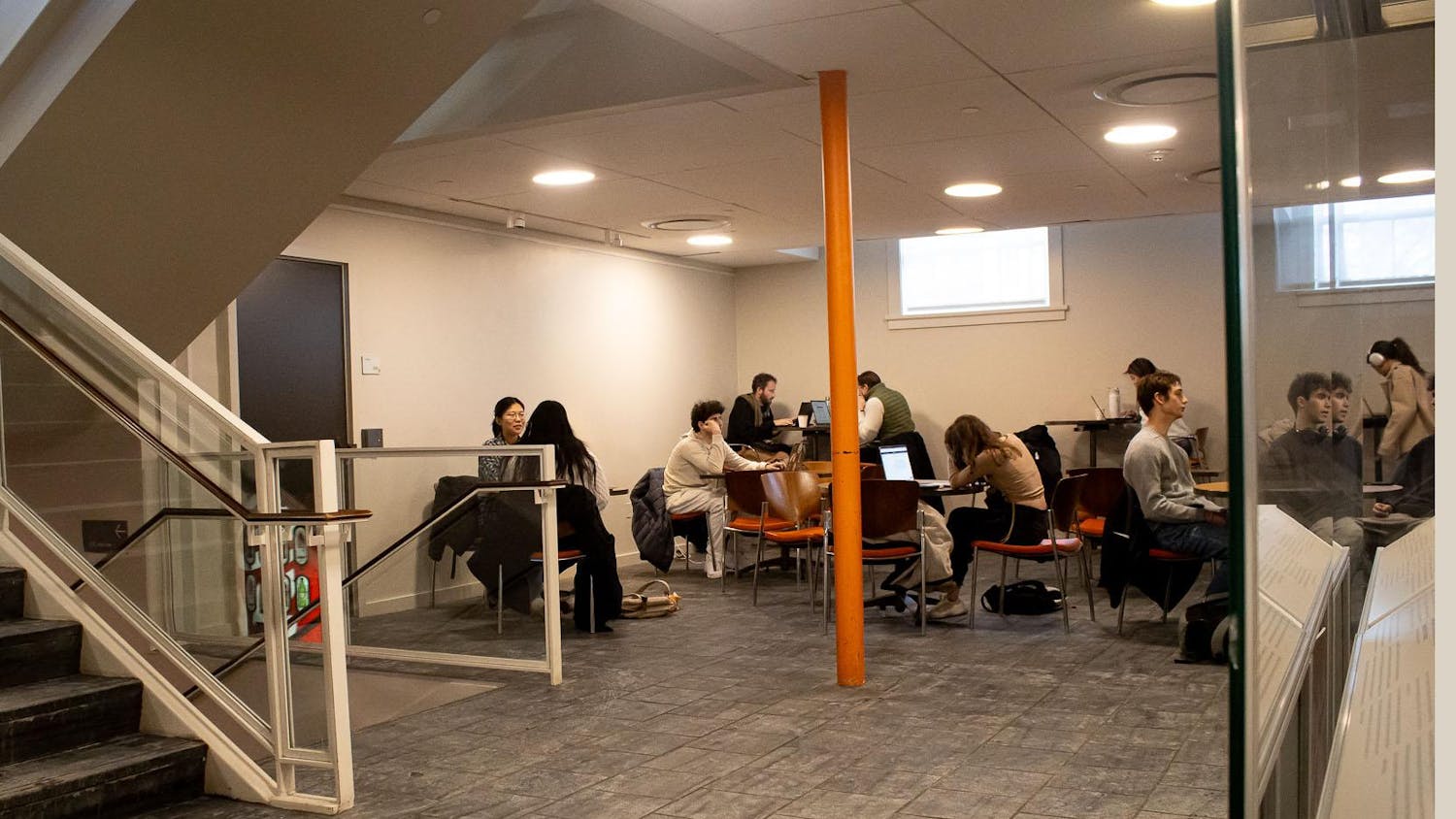Community members awoke to the confusing sight of dozens of messages littering the inboxes of their University email addresses Friday morning. Beginning slightly after 8 a.m. and in the span of less than 20 minutes, nearly 100 emails from the addresses of the Brown IT Service Center, the Visiting Student and Global Programs of the School of Professional Studies and the various community responses to them inundated the inboxes of students, faculty members, staff members and alums.
In an email to community members a few hours after the first email was sent, Vice President for Computing and Information Services and University CIO Ravi Pendse wrote that the emails were a result of a mailing list configuration error. He added that an internal investigation showed there was no reason to believe malware or any other virus or hack played any role in the emails.
Five initial messages comprised some short code of insignificance, but the responses to those first messages – both in support tickets to IT services and in direct responses to the chains themselves – were shared with the entire email listserv, creating a digital echo chamber of confusion.
“Were we hacked again?” one respondent wrote in the chain after a batch of emails. “Does anyone know some good Italian restaurants in New Jersey?” another aptly responded.
As emails started to pile up, community members replied to the chains with questions and concern, some worried about a potential compromise of the University’s Information Services. But because many sent their responses to all members included in the email chains, the tumult of digital correspondence was only exacerbated.
“Regular Brown undergraduate student here,” a student wrote, “everybody is reading these messages on the entire listserv.” Some responses were more direct.
“There are several thousand people included in this email,” one student wrote. “For the love of all that is good in this world, don’t reply all.” “Sanity appears to have been lost,” another lamented.
“I sincerely regret the distress that this has caused,” Pendse wrote. “Please accept our apologies for this incident, and know that we are making changes to ensure that this does not happen in the future.”
ADVERTISEMENT




